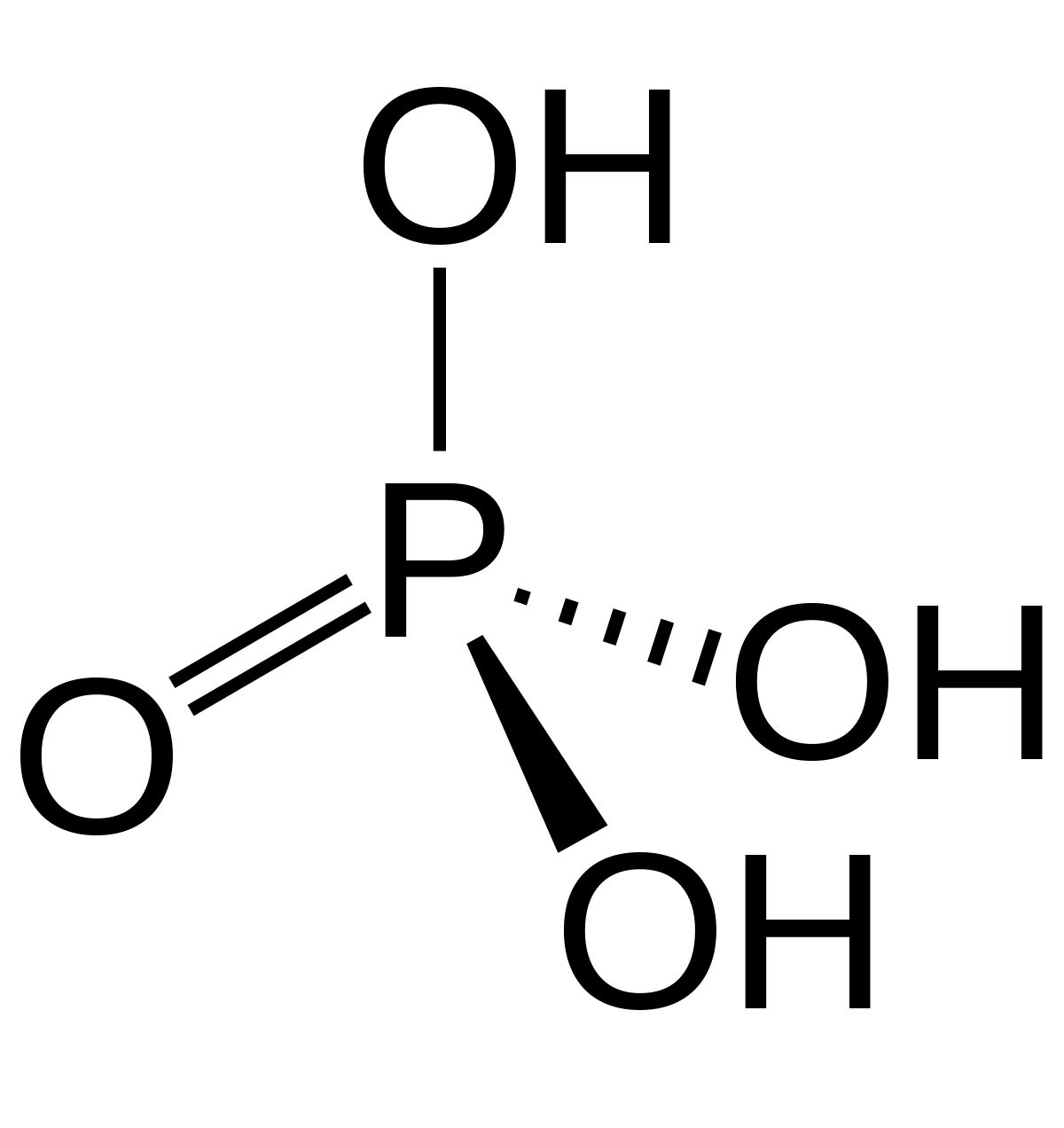
Phosphoric acid
What is Phosphoric Acid?
Phosphoric acid, also known as orthophosphoric acid, is a strong mineral acid with the chemical formula H₃PO₄. It is one of the most widely used and important acids in both the chemical industry and various applications due to its versatile properties. Phosphoric acid is a colorless, odorless liquid that can be either a concentrated solution or a solid in its anhydrous form. It plays a vital role in a multitude of industrial processes and everyday products.
Applications of Phosphoric Acid
- Food and Beverage Industry: Phosphoric acid is commonly used in the food and beverage industry as an acidulant, flavor enhancer, and pH regulator. It is a key ingredient in carbonated soft drinks, contributing to their tartness and acting as a preservative.
- Pharmaceuticals: In the pharmaceutical industry, phosphoric acid is utilized in the production of various medicines and as an excipient in drug formulations. It is also employed in the preparation of certain pharmaceutical intermediates.
- Agriculture: Phosphoric acid is a vital component in fertilizers, especially those used for crops that require high phosphorus content. It helps improve soil fertility and promotes plant growth.
- Detergents and Cleaners: It is used in detergents and cleaning products as a pH adjuster and a builder. Phosphoric acid can remove hard water deposits and scale from surfaces effectively.
- Rust Removal: Phosphoric acid is used for rust removal and conversion on various surfaces, including metals. It can convert iron oxide (rust) into a more stable compound.
Phosphoric Acid: Benefits
The use of phosphoric acid offers several key benefits:
- Acidic Properties: Phosphoric acid’s strong acidity makes it valuable for adjusting the pH of products and solutions, which is crucial in various industrial processes.
- Flavor Enhancement: It contributes a tangy and refreshing taste to beverages, making it a preferred choice for many soft drink formulations.
- Fertilizer Production: Phosphoric acid is essential for manufacturing fertilizers that enhance crop yield and quality, playing a critical role in global agriculture.
- Corrosion Inhibition: In industrial applications, phosphoric acid can act as a rust inhibitor, protecting metal surfaces from corrosion.
How Phosphoric Acid is Made
Phosphoric acid is typically produced through one of three primary methods:
- Wet Process: Phosphoric acid is synthesized by reacting phosphate rock with sulfuric acid. This method produces a diluted form of phosphoric acid, which can be further concentrated if needed.
- Thermal Process: Phosphoric acid can also be produced by heating ammonium phosphate, which decomposes to release phosphoric acid vapor. This vapor is then condensed to form concentrated phosphoric acid.
- Electrolytic Process: In this method, phosphoric acid is generated through the electrolysis of water and phosphorus pentoxide. It produces high-purity, anhydrous phosphoric acid.
In conclusion, phosphoric acid is a versatile and widely used chemical compound with applications ranging from the food and beverage industry to agriculture and pharmaceuticals. Its acidity, flavor-enhancing properties, and role in fertilizers contribute to its significance in various industrial processes and everyday products. Understanding its production methods and benefits underscores its importance in numerous sectors.
Where can I buy Phosphoric acid in Europe ?
Contact us for Phosphoric acid availability and prices


